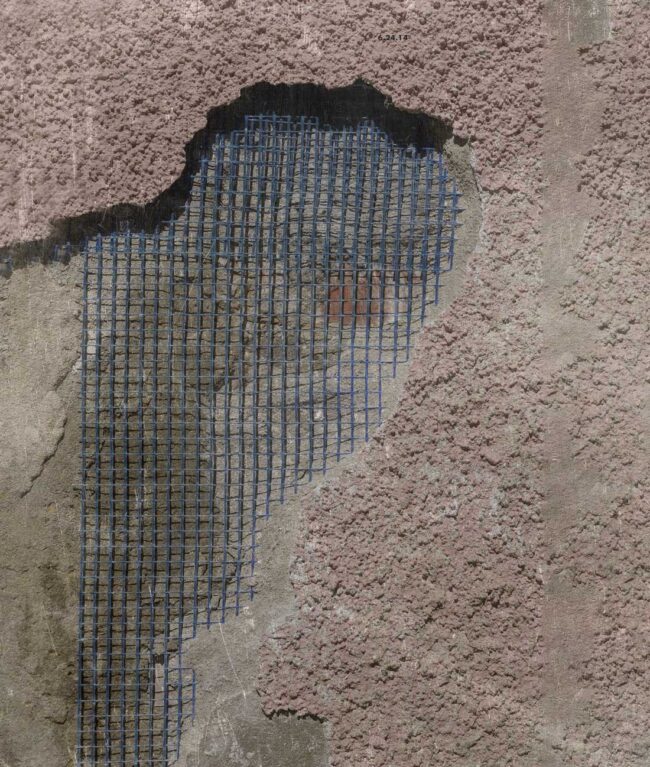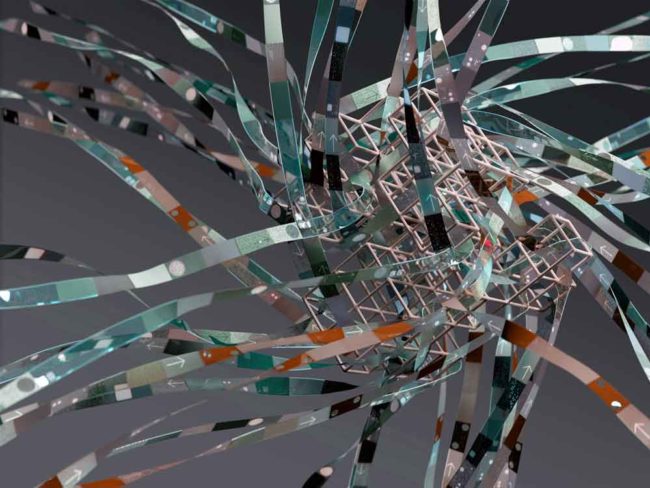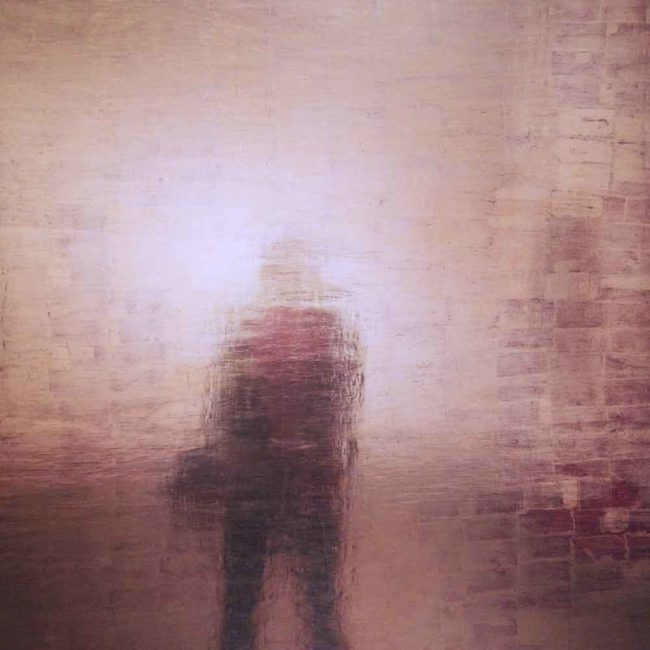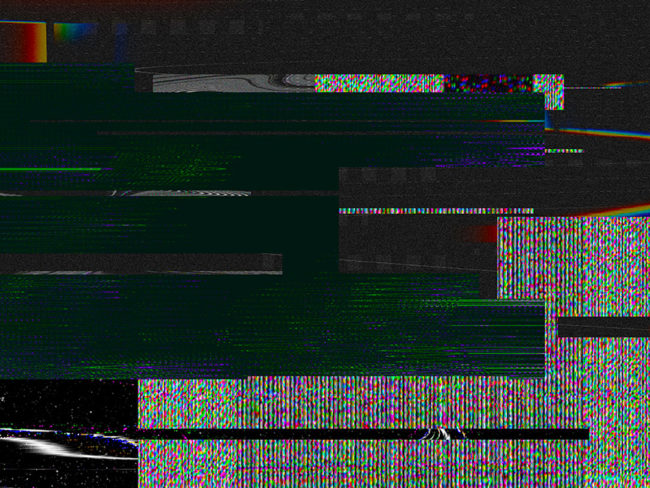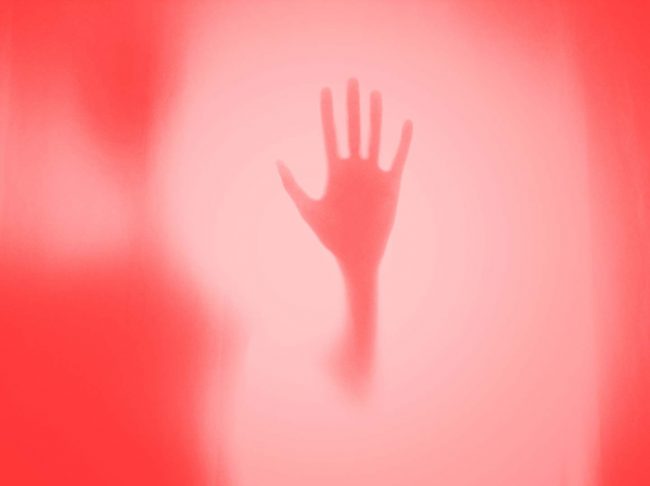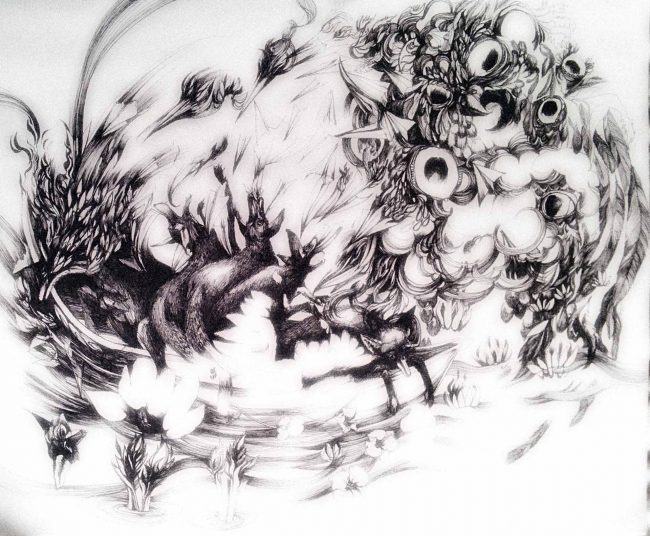We Say “Never Forget” by Tom Hennes
I don’t believe others have the right to diminish the traumas we have experienced, or we those of others. At the same time, we have to ask ourselves, it seems to me, whether any of us do humanity a service by rallying around the cry of Never Forget when that cry means we should never forget precisely those things that prevent us from knowing the traumas that others have experienced, perhaps even at our own hands—the ways that our good may have been their bad, or could become so, even without our knowledge or consent.

